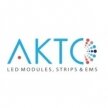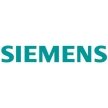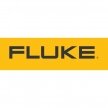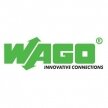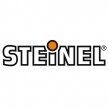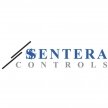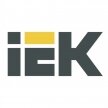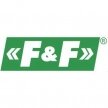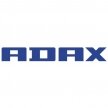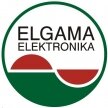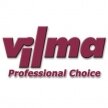Main Types of Metering Devices and Electricity Meters
Mechanical Electricity Meters
Purpose: Traditional electricity meters used to measure energy consumption. They work with mechanical dials that register the consumed electricity, displaying it digitally.
Usage: Commonly used in older systems and smaller residential or commercial locations.
Advantages:
Reliable and long-lasting.
No need for pre-payment or electronic software.
Disadvantages:
Slower data reading and potential errors due to wear of mechanical components.
Digital Electricity Meters
Purpose: Digital meters are modern devices that measure electricity consumption digitally, providing higher accuracy and easy data access.
Usage: Used in residential, commercial, and industrial areas to accurately monitor and record electricity consumption.
Advantages:
High accuracy and fast data reading.
Easily connects to smart systems, enabling remote monitoring of energy usage.
Disadvantages:
More expensive than mechanical meters.
Requires maintenance and possibly special skills.
Smart Meters
Purpose: Smart meters allow monitoring and controlling electricity consumption using remote control, mobile apps, and other advanced methods. They can also record additional data such as voltage, current, frequency, and other parameters.
Usage: Used in large enterprises, industries, and complex residential systems where continuous energy monitoring and management are required.
Advantages:
Remote access management and automatic data transmission.
Comprehensive energy usage monitoring (providing useful information to the user).
Energy efficiency and savings.
Disadvantages:
Higher cost and more complex installation procedure.
Requires internet connection and appropriate management tools.
Three-Phase Electricity Meters
Purpose: Three-phase meters are used to measure electricity consumption in three-phase electrical systems, mainly in industrial and large commercial sites.
Usage: Used in industrial production lines, large businesses, and retail locations where high energy consumption needs to be monitored and triple power supply needs to be managed.
Advantages:
Accurate and reliable energy monitoring for three-phase systems.
Designed for use in large companies and industrial sites.
Disadvantages:
Higher cost due to the need for special equipment and installation.
Smart Metering Systems
Purpose: Smart metering systems allow remote monitoring and control of energy usage, helping users optimize their energy consumption and reduce energy bills.
Usage: Commonly used in both commercial and industrial facilities, as well as residential buildings, to provide users with tools for more efficient energy management.
Advantages:
Automatic data reading and remote control.
Ability to integrate with smart devices for even greater energy savings.
Disadvantages:
Requires additional infrastructure and accessories such as communication modules.
Applications
Industry: Electricity meters are used in industrial facilities to monitor high energy consumption, optimize production lines, and reduce energy costs.
Commercial Facilities: Used in commercial spaces such as offices, shopping centers, hotels, and restaurants to accurately measure and manage energy consumption.
Residential Spaces: Electricity meters, especially smart models, are useful in both individual homes and multi-apartment buildings to monitor electricity usage and ensure bill compliance.
Energy Supply Companies: Energy suppliers use meters to ensure accurate billing for customers and record precise energy consumption.
Advantages:
Accuracy and Reliability: Meters ensure accurate measurements that are essential for both the consumer and energy supplier, especially when it comes to bills and energy consumption.
Energy Efficiency: Using modern meters can help optimize energy usage and assist consumers in managing their energy costs.
Remote Management: Many meters now feature remote control options, allowing energy consumption and device management from any location.
Disadvantages:
Dependence on Technology: Smart meters and remote control require a constant internet connection and specific skills to set up and monitor.
Cost: The latest technologies and smart meter installations can be expensive, requiring higher initial investments for implementation and usage.
Metering devices and electricity meters are essential components ensuring accurate and reliable energy consumption monitoring in both industrial and residential buildings. These devices not only ensure fair billing but also help optimize energy usage, save energy, and manage costs.

